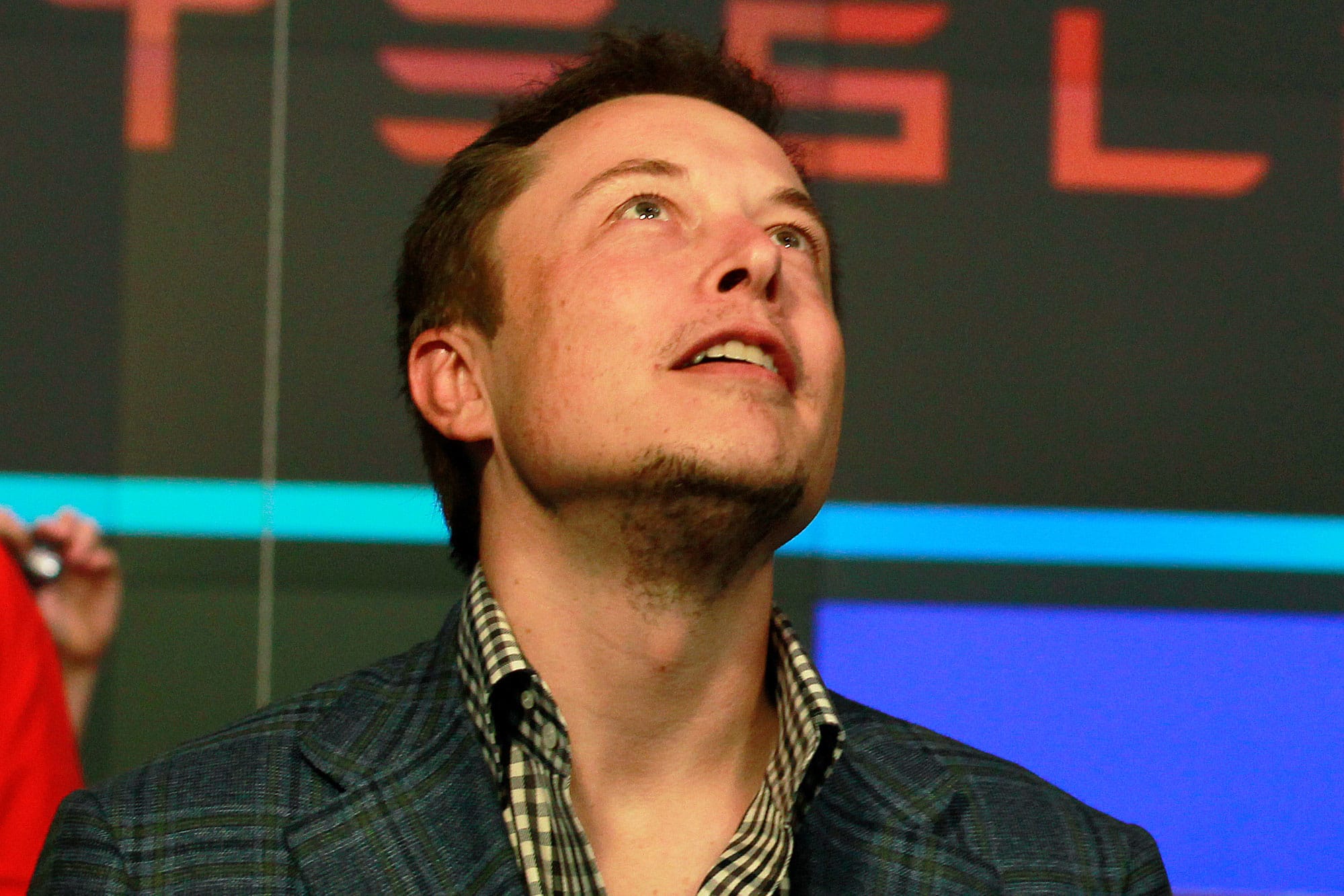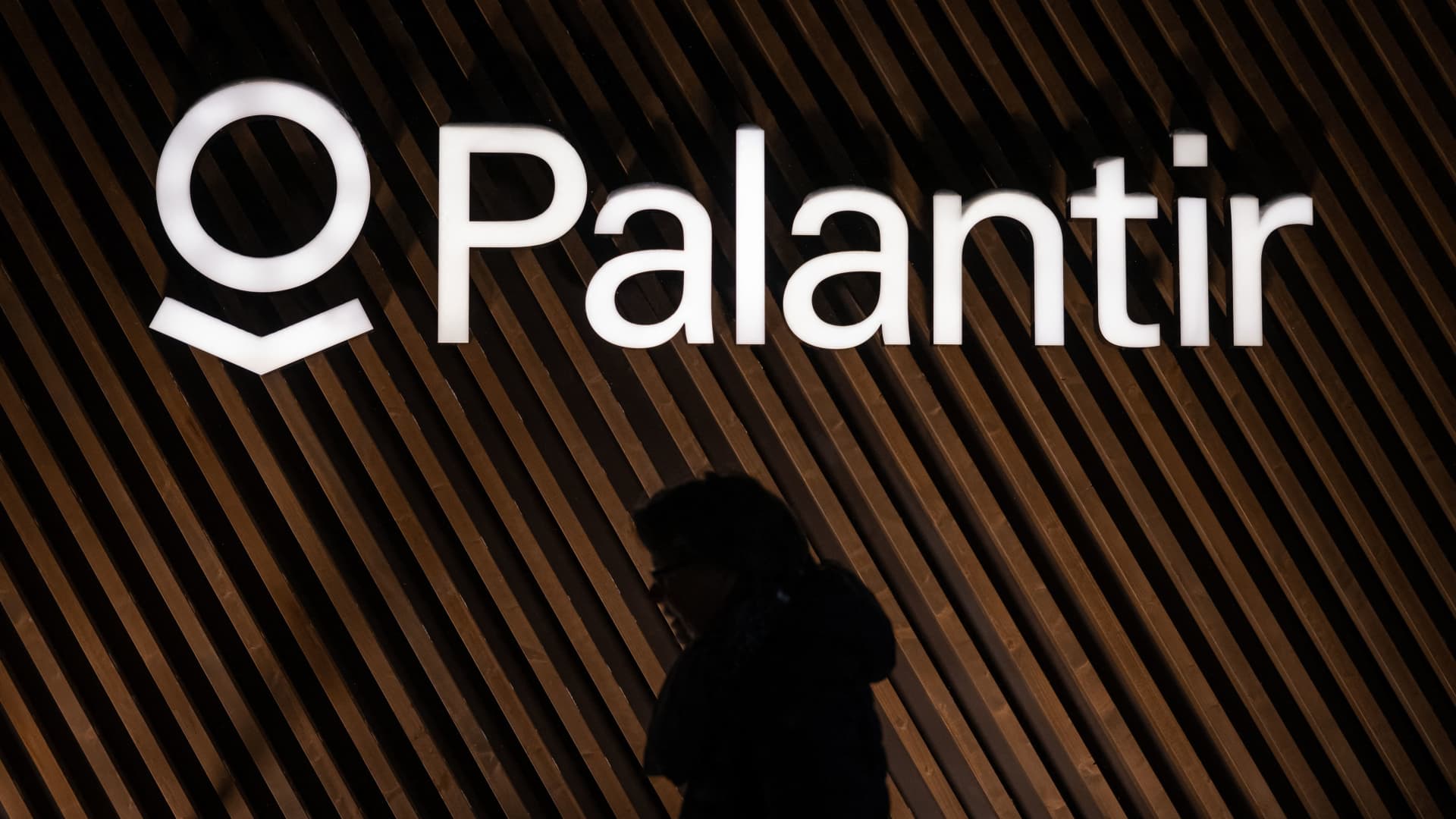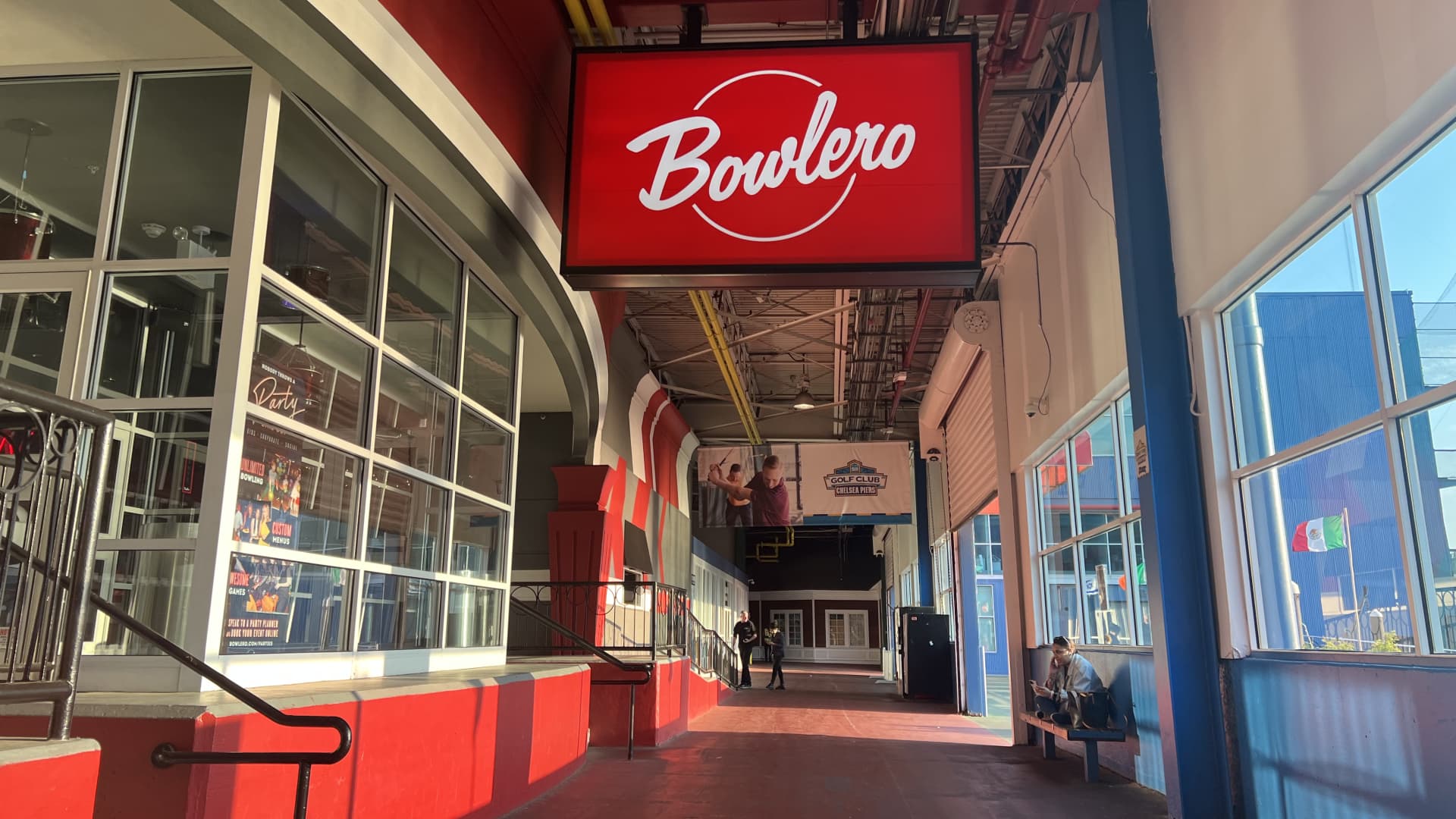CEO of Tesla Motors Elon Musk reacts following the company’s initial public offering at the NASDAQ market in New York June 29, 2010
Brendan McDermid | Reuters
Tesla reported first-quarter results after the bell on Monday. The company beat expectations handily, but the stock dipped slightly after hours as investors digested the numbers.
Here’s how the company fared in the quarter, compared to analyst estimates compiled by Refinitiv:
- Earnings: 93 cents per share vs. 79 cents per share expected
- Revenue: $10.39 billion vs. $10.29 billion expected, up 74% from a year ago
Net profit reached a quarterly record of $438 million (on a GAAP basis), and the company recorded $518 million in revenue from sales of regulatory credits during the period.
Elon Musk’s electric vehicle business reported in the first-quarter vehicle deliveries of 184,800 Model 3 and Model Y cars, beating expectations and setting a record for Tesla. However, the company also said it produced none of its higher-end Model S sedans or Model X SUVs for the period ending March. (It delivered 2,020 older Model S sedans and Model X SUVs from inventory.)
The fact they the company is growing vehicle unit sales by more than 100% year over year but only grew service centers by 28% and its mobile service fleet by 22% explains why some Tesla customers face frustratingly long wait times for repairs. Service expansion is not keeping pace with the volume of vehicles sold.
The company revealed in February it purchased $1.5 billion in bitcoin and would potentially invest in other cryptocurrencies in the future. By April, bitcoin rose to record levels before pulling back. In the earnings release, the company said it recorded a net cash outflow of $1.2 billion related to bitcoin during the quarter.
Tesla said last month that Jerome Guillen, its former president of automotive, would be moving into the role of president of heavy trucking. It’s not clear who — if anyone — has replaced Guillen, but personnel updates could come during the earnings call after the bell.
Tesla’s vehicle batteries and automated driving systems, which are marketed as Autopilot and Full Self-Driving options in the U.S., are weathering regulatory scrutiny after a pair of fatal crashes in April — one in Spring, Texas and another in the Zengcheng district of Guangzhou, China.
Tesla is also facing more competition in the electric vehicle business. Major automakers, including VW, Audi and Ford, are finally selling pure battery electrics.
According to a fresh survey of U.S. vehicle owners from CarGurus, 52% expect to own a battery electric vehicle in the next decade (up from just 34% in 2018). The survey also found that while Tesla continues to be the brand most trust to make EVs, nearly 80% of those interested in owning an electric car are open to buying from any of several brands.
This is breaking news; please check back for updates.





